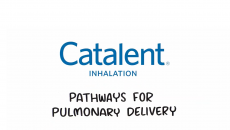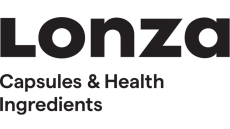Space, the final frontier for drug stability says NASA study

The research, which compared the active pharmaceutical ingredient (API) content of 35 drugs stored on the international space station (ISS) with equivalents that remained on Earth, revealed that degradation accelerates as a function of time in space.
The team found that, after 596 days in space, only half (18 of 35) of the drugs tested met potency requirements, compared with 77 per cent of equivalents stored on Earth for that period. After 880 days in orbit only 31 per cent passed the potency test versus 54 per cent.
In addition to this the frequency of physical changes such as discolouration, liquefaction and phase separation observed in solid and semisolid dosages taken into space was also much higher than in terrestrial control samples.
The researchers also found that some drug were more suseptable to rapid degradation than others with, for example, the combination antibiotics sulfamethoxazole/trimethoprim and amoxicillin/clavulnate both losing potency faster in space than on earth.
Radiation and packaging
The scientists attributed the accelerated rate of degradation to the radiation dose the drugs were exposed to during space flight which, at 110.7 mGy, was many times higher than the average 5.45 mGy dose recorded on Earth.
The team also suggested that, aside the higher radiation exposure, the practice of repackaging the drugs taken into space in custom-manufactured polypropylene containers may have compromised stability.
"Research on new and emerging formulation and packaging technologies may enhance and ensure adequate shelf life of medications in space."
Terrestrial relevance
This point was echoed by co-authour Lakshmi Putcha, from NASA’s Johnson Space Center who told in-Pharmatechnologist.com the findings will help ensure safe and efficient health care in space “if humans are determined to explore Mars and Venus.”
Dr Putcha also said that, while the risk of radiation exposure is not directly relevant to the drug industry, the results “must be carefully evaluated with certain vulnerable ones [drugs] as they apply global market conditions and mail order meds.”

















